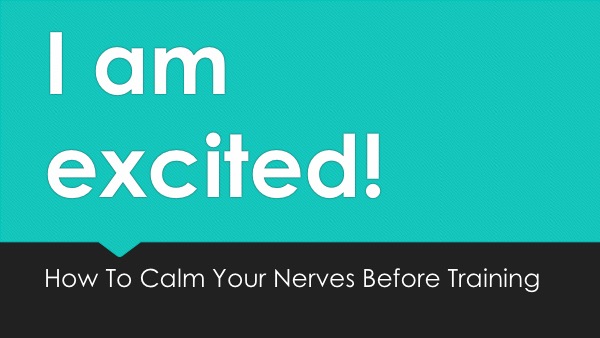
Should I Just Ignore Some Irritating Classroom Behaviors?
Photo by Jason Rosewell on Unsplash Twenty minutes into class he was already complaining. "This is too touchy feely," he said directly to me. At this point I had shared restroom and break logistics and asked everyone to introduce themselves at their tables. Thankfully I know his type. When I had people stand and meet someone new, accompanied by questions they'd already answered to make the exchange easier, he grumbled. Fifty minutes into class, he spoke directly to me about the class being different than he thought it was going to be. I confirmed that the class he wanted was probably not the one he was in. The title and objectives clearly showed what he wanted was not what he'd been signed up for. He grumbled...again. If you take some advice on dealing…








